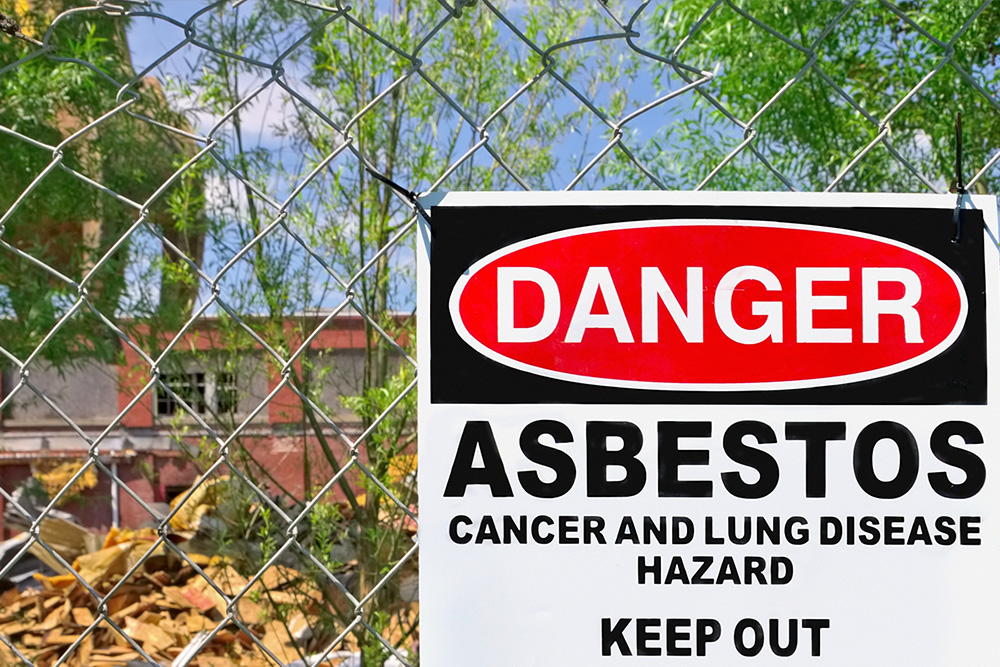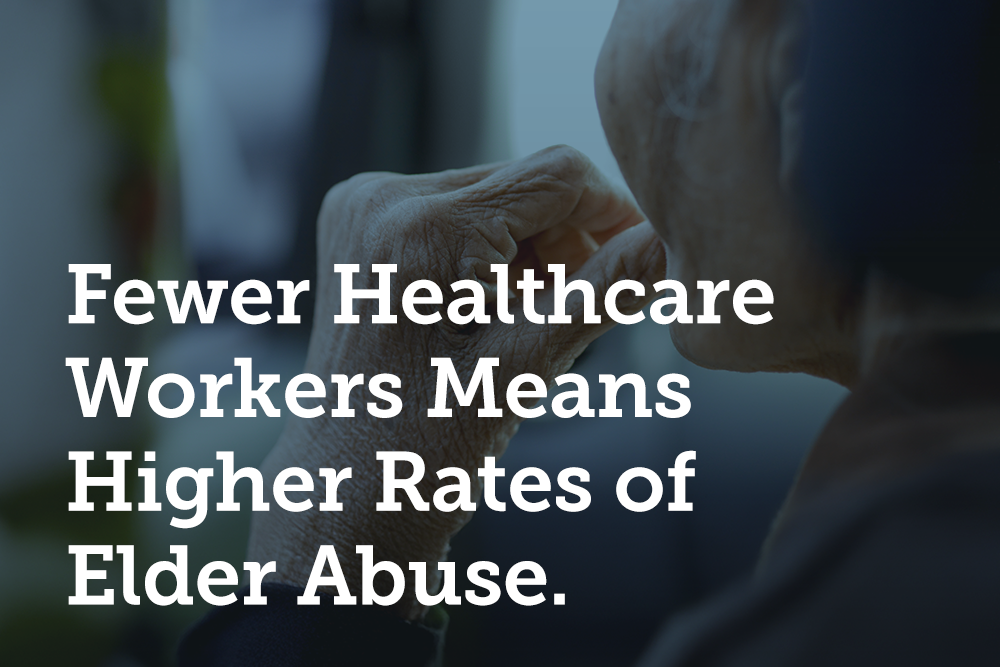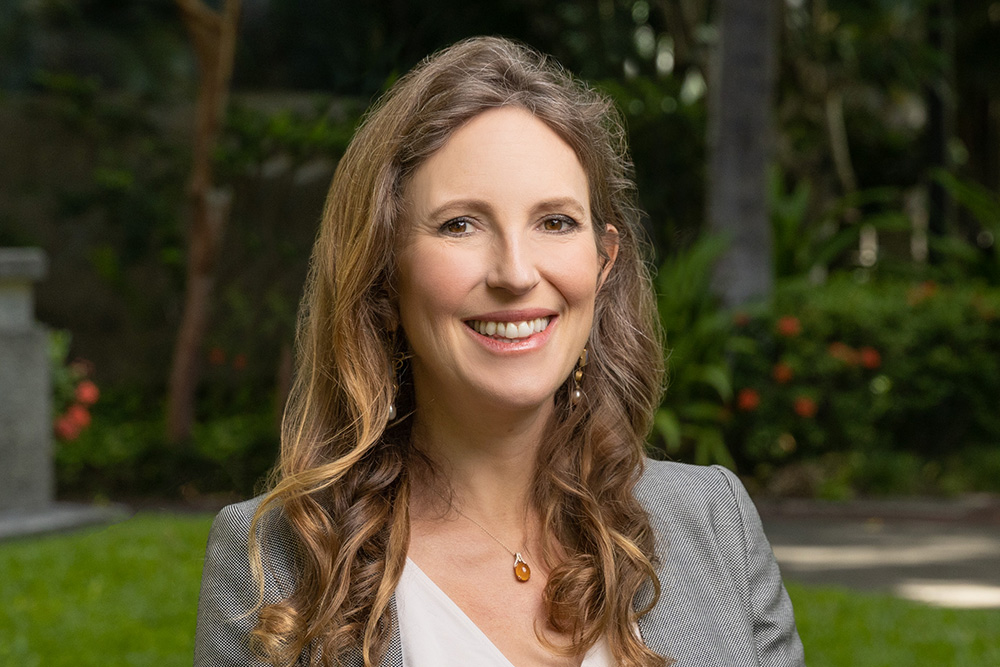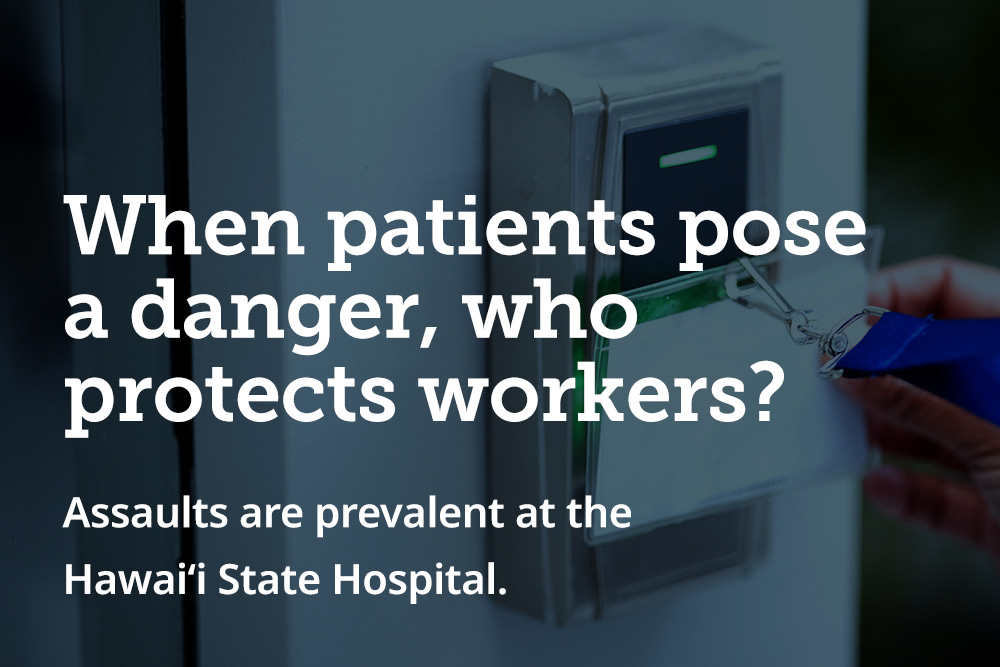
After years of tireless work by advocacy groups on behalf of cancer victims, the Environmental Protection Agency (EPA) is finally taking action against asbestos, a dangerous substance known to cause cancer, severe illness and countless fatalities each year.
In March 2024, the EPA took a major step toward protecting Americans from asbestos exposure with a historic ban on a common type of asbestos known as chrysotile. It was the first substantive move to protect Americans from asbestos exposure in decades.
We can help.
What Is Asbestos?
Asbestos is a group of six types of naturally occurring fibrous minerals that resists heat, electricity, fire and many chemicals. For generations, these properties have made it a desirable component in a wide variety of industrial, construction and household products. Asbestos was widely used through the 1970s, when research became public showing links between asbestos exposure and serious health conditions, including lung cancer, asbestosis and mesothelioma. Mesothelioma is a rare and deadly cancer of the lungs caused by asbestos exposure. Internal documents from companies sued during the 1970s show that many companies knew even then of the risks of using asbestos but hid it so they could continue using it in their products.
Because of its fibrous composition, asbestos particles can easily become airborne, and it is often invisible to the naked eye. Workers in factories that use asbestos in the manufacturing process can be exposed. Construction workers involved in demolition projects and firefighters responding to emergencies in homes and commercial structures built with asbestos-containing products can also be exposed. Military veterans have among the highest rates of mesothelioma because of the widespread use of asbestos in ships and in other military settings.
The World Health Organization and the International Labor Organization found that asbestos exposure causes more than 200,000 deaths each year worldwide. Nearly 40,000 of those deaths occur in the United States.
Where Do We Still Use Asbestos?
Many who served in the armed forces or worked at military bases in Hawaii have been exposed to asbestos because it was widely used by the U.S. military in ships, housing and in many other settings. Other Hawaii industries have used this substance, including Hawaiian Electric, industrial sugar mills and the construction and building industries.
Additionally, many people have been exposed to asbestos through the use of products containing talc, including baby powder, crayons, paints and cosmetics. Talc and asbestos naturally tend to form in the same areas, meaning talc can be contaminated by asbestos when it is mined.
The History of Asbestos Regulation
Since the public first learned of the real risks of asbestos exposure, consumer and workers’ rights advocates have asked for greater regulation. Specific uses of asbestos were banned in the 1970s, including spray-on surfacing and fire-retardant materials, and artificial fireplace embers.
In 1989, regulations banned the use of asbestos in new manufacturing and a specific group of products, including flooring felt and corrugated and commercial paper. A 2019 rule ensured that existing products containing asbestos could not be able to be resold. In the intervening years, legislation was introduced to ban asbestos and related fibrous minerals, but they never gained traction until the March 2024 ban on chrysotile.
How We Help Victims of Asbestos Exposure in Hawaii
Seek justice with the help of our experienced Hawaii asbestos attorneys. Our mesothelioma law firm has represented Hawaii residents like you affected by asbestos exposure for over 40 years, aggressively fighting the corporate giants responsible for their dangerous products. If you or a loved one were exposed to asbestos or suffered from a disease caused by asbestos, like mesothelioma, we can help.






